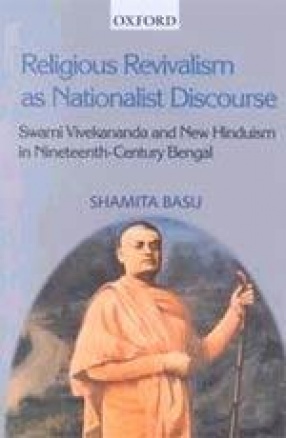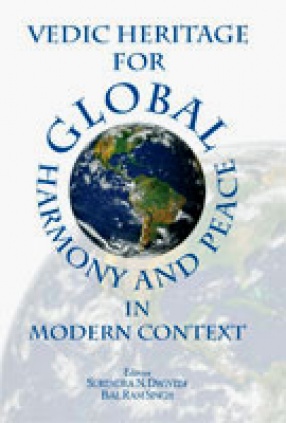Swami Vivekananda made a valuable contribution to the Indian social and religious reform movements in the nineteenth century. His teachings reflect the complex relationship between nationalism and modernity in the colonial world of nineteenth-century Bengal. The birth and development of the Ramakrishna and Vivekananda reform movement was intimately associated with the growth of Indian nationalism. This book is the first to study the Swami’s life, teachings, and writings in the light of recent social theories. Vivekananda’s thinking is critically examined as a nationalist text and not merely as a discourse on Hindu religion. The author compares the Swami’s ideas with the political beliefs of other contemporary public intellectuals. She examines the ways in which Vivekananda’s neo-Hinduism emerged as a powerful ideology of Hindu nationalism, combining the European enlightenment ideals of modernity and rationalism with the Hindu doctrine of Advaita Vedanta. The modernity which entered the cultural space of the colonial world recast old Hinduism in the form of the Brahmo Samaj movement. However, this modern reform agenda provoked opposition from conservative Hindus. It found wider acceptance only when it recast itself as part of Vivekananda’s nationalist discourse. This new nationalist idiom provided the forum for the reconciliation of the conservative and radical reformers. It also permitted the accommodation of the European enlightenment values of rationality but without disturbing the ancient spirit of Hinduism. This intellectual history will interest scholars of modern Indian history, religious studies, and cultural studies.
Religious Revivalism as Nationalist Discourse
In stock
Free & Quick Delivery Worldwide
reviews
Bibliographic information
Title
Religious Revivalism as Nationalist Discourse
Author
Edition
1st ed.
Publisher
ISBN
0195653718
Length
xii+214p., Bibliography; 23cm.
Subjects




There are no reviews yet.